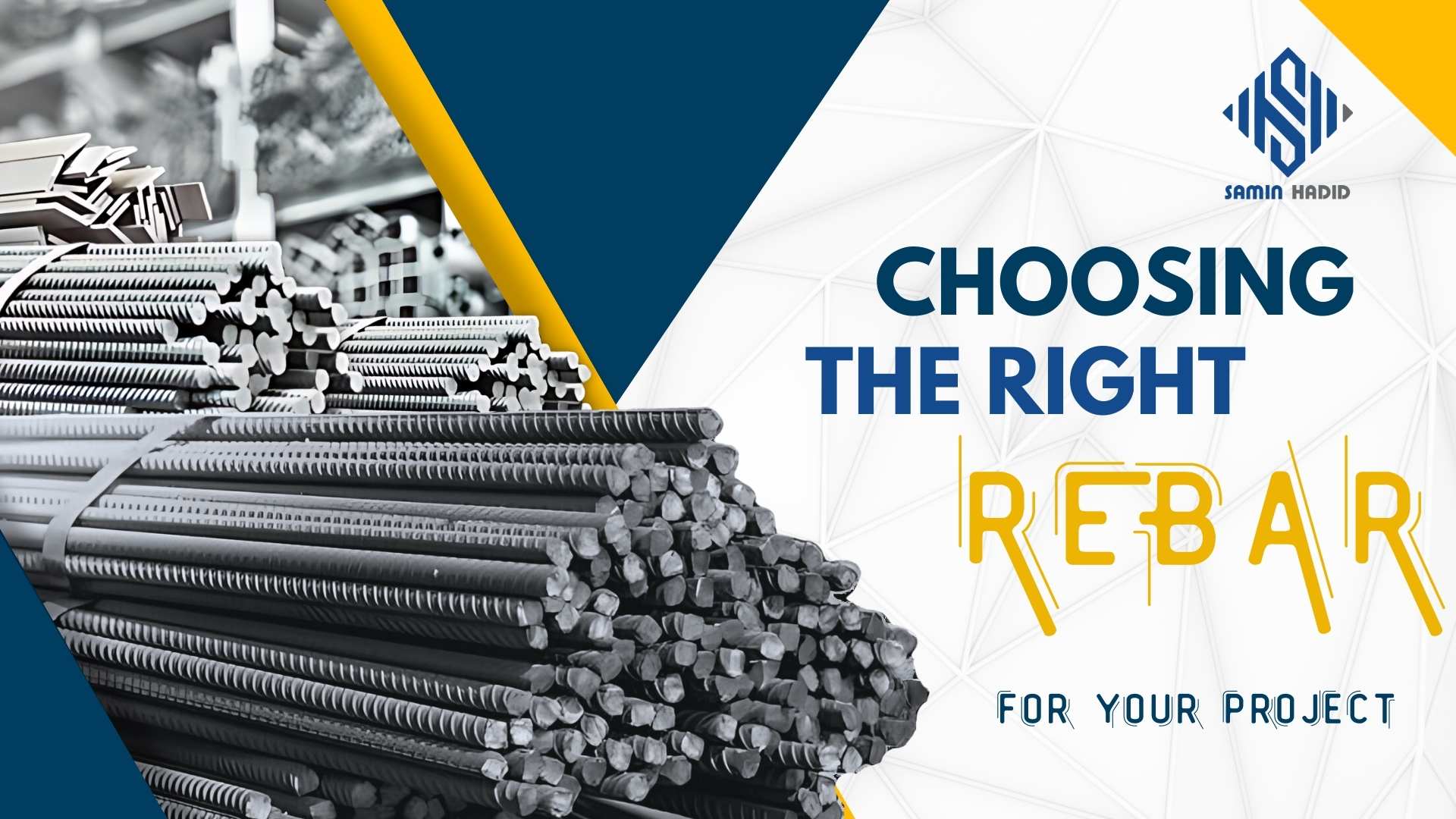
Steel rebar is categorized by grades based on its mechanical properties, primarily yield strength (the amount of stress it can withstand before permanent deformation). Common rebar grades in the US include:
Rebar comes in various diameters, typically ranging from #3 (9.5 mm) to #11 (36 mm). The diameter selection depends on factors like:
Beyond standard black rebar, other options cater to specific project requirements:
In earthquake-prone areas, seismic codes mandate specific rebar detailing and may require the use of:
Always adhere to project specifications and relevant building codes when selecting rebar. These documents outline the required rebar grade, diameter, and type based on the project's location, application, and seismic zone.
Ensure your rebar supplier adheres to recognized quality standards like ASTM International (American Society for Testing and Materials) or AISI (American Iron and Steel Institute). Look for certifications that guarantee the rebar meets the specified grade and properties.
Choosing a reputable rebar supplier is crucial. Look for a company with:
Diameter from 8 to 40 mm
Rebar Steel